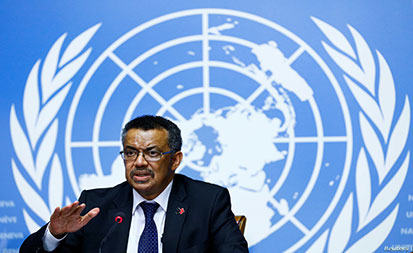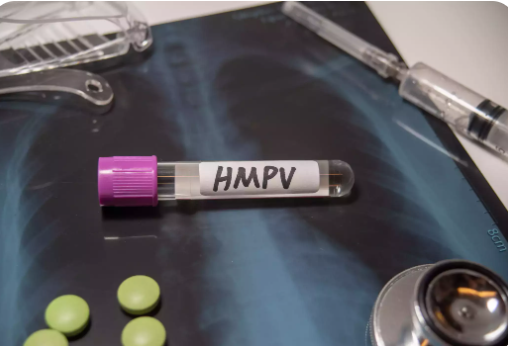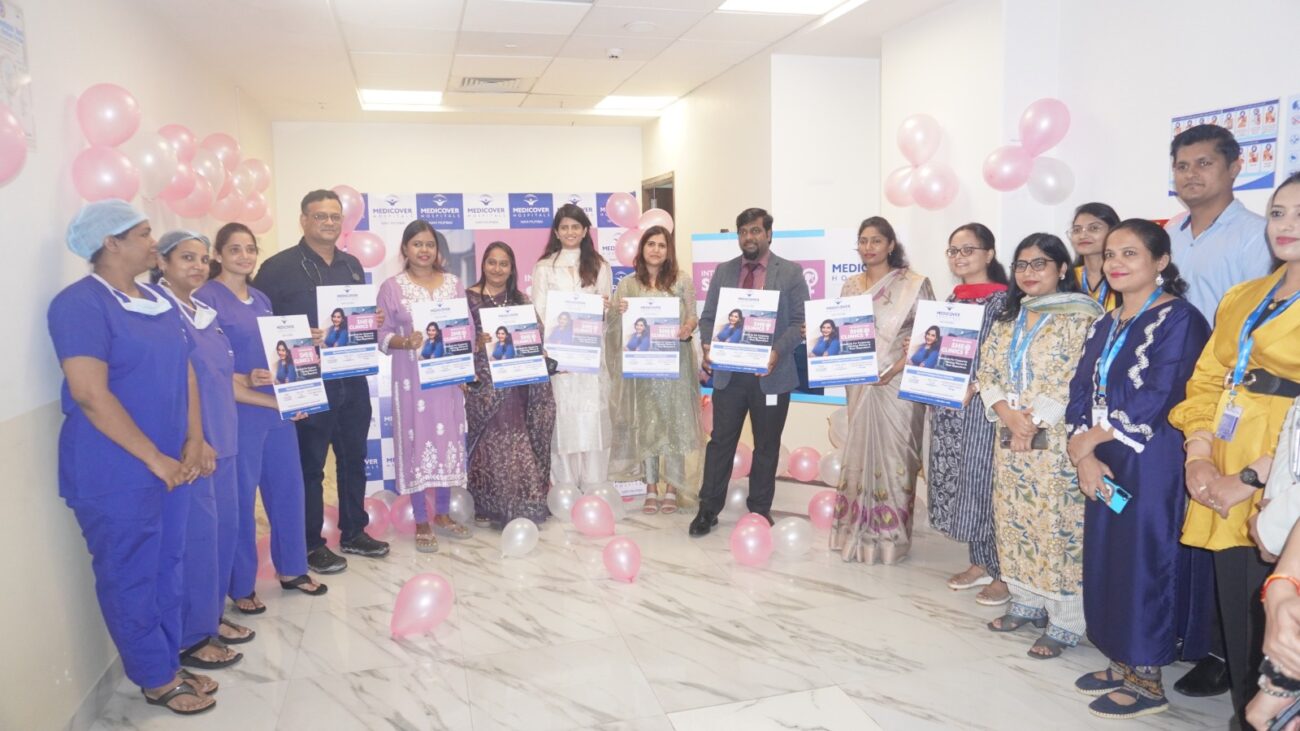WHO Approves Fourth HPV Vaccine for Single-Dose Use, Aiming to Combat Cervical Cancer
The World Health Organization (WHO) has announced the prequalification of Cecolin, a new human papillomavirus (HPV) vaccine, for use in a single-dose schedule. This significant decision, announced on Friday, follows the evaluation of new data

The World Health Organization (WHO) has announced the prequalification of Cecolin, a new human papillomavirus (HPV) vaccine, for use in a single-dose schedule. This significant decision, announced on Friday, follows the evaluation of new data that meets the criteria outlined in WHO’s 2022 recommendations for the alternative, off-label use of HPV vaccines.
The introduction of Cecolin as a one-dose vaccine is expected to enhance the global supply of HPV vaccines, making it easier to reach more girls with this vital vaccination aimed at preventing cervical cancer. Dr. Tedros Adhanom Ghebreyesus, WHO Director-General, emphasized the importance of this milestone, stating, “Unlike most other cancers, we have the ability to eliminate cervical cancer, along with its painful inequities. By adding another option for a one-dose HPV vaccination schedule, we have taken another step closer to consigning cervical cancer to history.”
The Cervical Cancer Crisis
Globally, more than 660,000 cases of cervical cancer are diagnosed each year, with over 95 percent of these cases linked to HPV. Every two minutes, a woman dies from this largely preventable disease, with 90 percent of deaths occurring in low- and middle-income countries. Alarmingly, 19 out of the 20 countries most affected by cervical cancer are located in Africa.
Despite the urgent need for HPV vaccinations, the introduction of these vaccines has faced significant hurdles. Since 2018, global supply shortages have hampered efforts, and production challenges earlier this year led to further shortfalls, particularly affecting millions of girls in Africa and Asia.
Global Vaccination Targets
Dr. Kate O’Brien, Director of the Department of Immunization, Vaccines and Biologicals at WHO, noted that the target is to have 90 percent of girls fully vaccinated with the HPV vaccine by the age of 15. She expressed optimism about the addition of Cecolin to the vaccine arsenal, saying, “Given the continuing supply challenges, this addition of a single-dose vaccine product means countries will have greater choice of vaccines to reach more girls.”
The single-dose indication for Cecolin is now included in WHO’s updated technical document on HPV vaccine product choice. This enables public health bodies to recommend “off-label” use when data supports modified application, providing immediate public health benefits until official labeling is updated by the manufacturer.
Progress and Financial Commitments
Recent global data shows a promising increase in one-dose HPV vaccine coverage among girls aged 9-14 years, rising from 20% in 2022 to 27% in 2023. As of September 10, 2024, 57 countries are implementing the single-dose schedule, which has already resulted in at least 6 million additional girls receiving the vaccine in 2023 alone.
In a concerted effort to eliminate cervical cancer, countries and partners have pledged nearly US$ 600 million in new funding. This includes US$ 180 million from the Bill & Melinda Gates Foundation, US$ 10 million from UNICEF, and US$ 400 million from the World Bank. Coupled with ongoing commitments from Gavi, these investments aim to accelerate the introduction and increase coverage of the HPV vaccine among girls by 2030.
Future Prospects
Earlier this year, WHO also prequalified Walrinvax, the fifth HPV vaccine available on the global market, which is approved for a two-dose schedule. Further data will be required to determine if this vaccine can also be recommended for single-dose use in the future.
The addition of Cecolin to the list of WHO-prequalified vaccines marks a crucial step in the fight against cervical cancer, highlighting a global commitment to improving women’s health and reducing health inequities. The WHO continues to advocate for increased access to HPV vaccination as part of a comprehensive strategy to eliminate cervical cancer worldwide.






